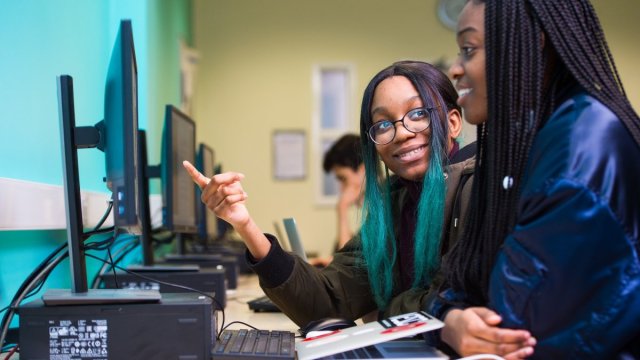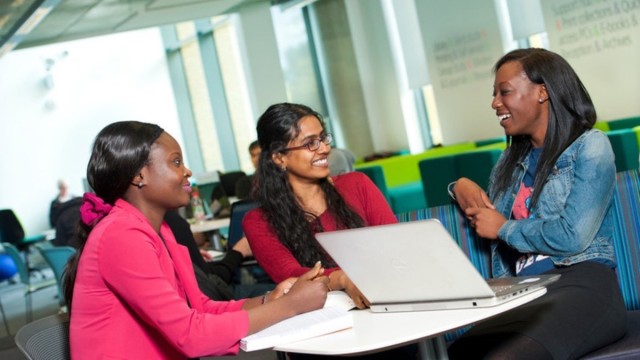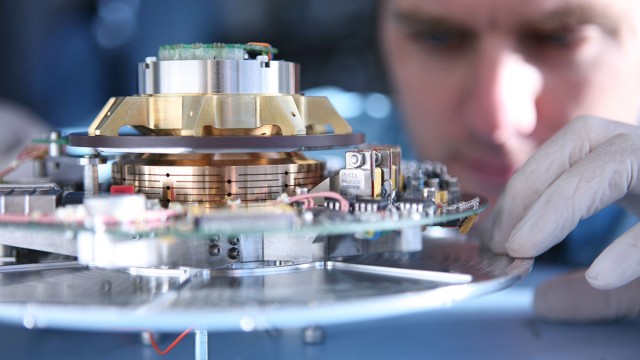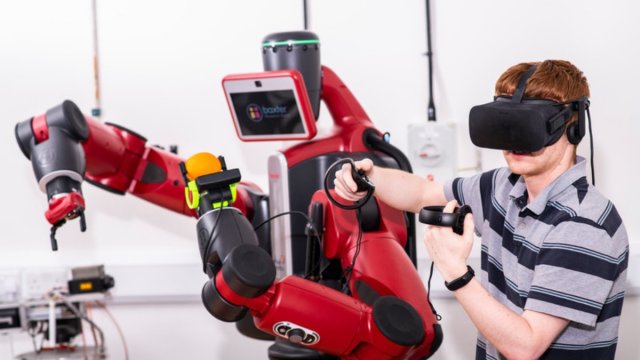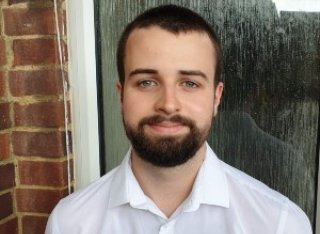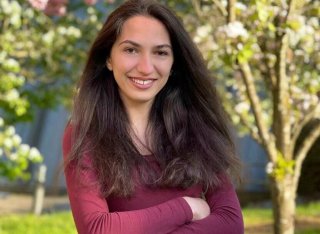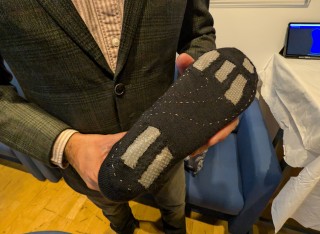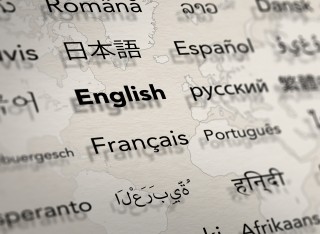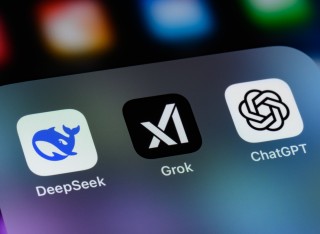School of Computer Science and Electronic Engineering
Explore our inspiring teaching, our world-leading research, our state-of-the-art facilities and the people who make up the School.
Top 75
For computer science and engineering in the Shanghai Global Ranking of Academic Subjects 2025
100%
Of postgraduate research computer science students go on to employment or further study**
*Awarded by the UK Government's National Cyber Security Centre.
**In the Graduate Outcomes 2024, HESA.
What our students say
News
Equality, diversity and inclusion

We are committed to creating an inclusive environment focusing on education, research and improving lives for a diverse society.

